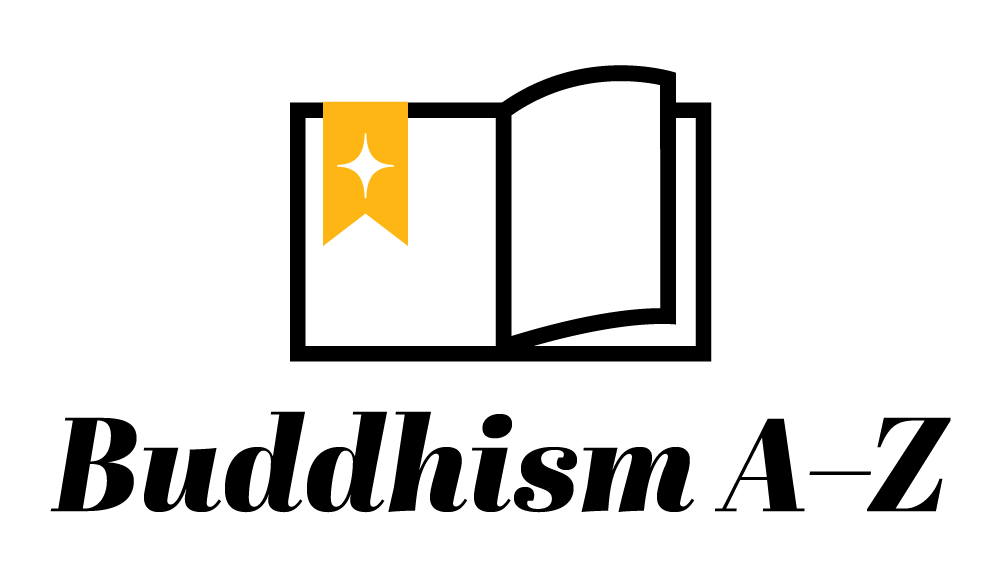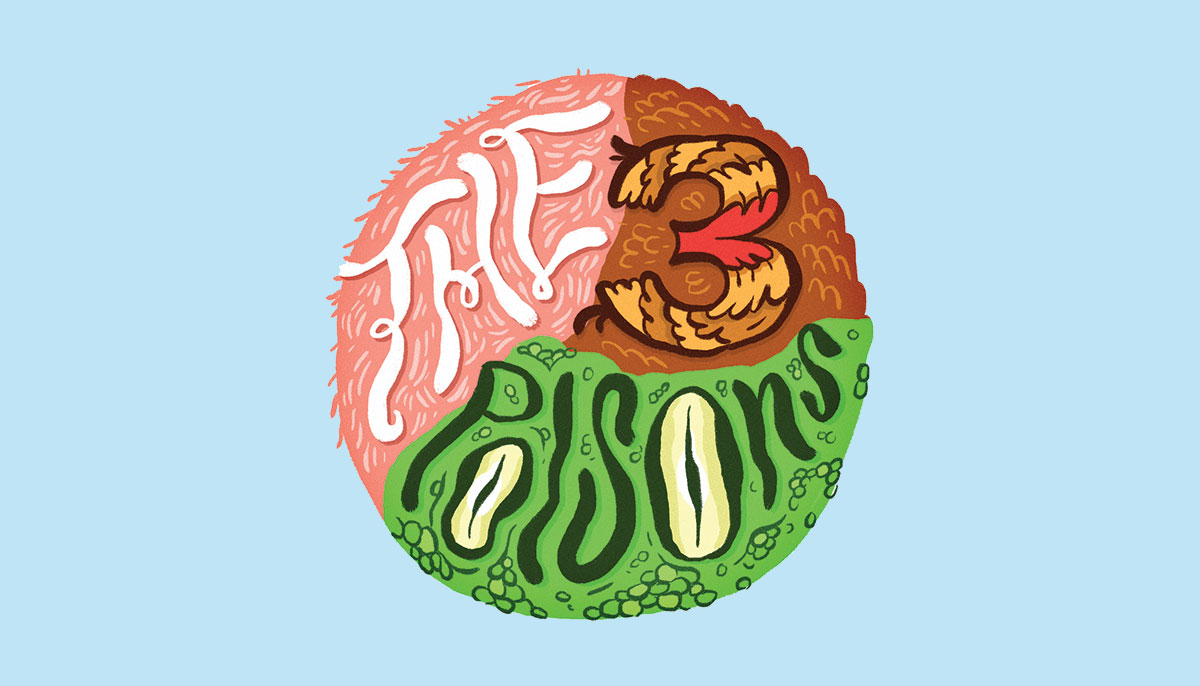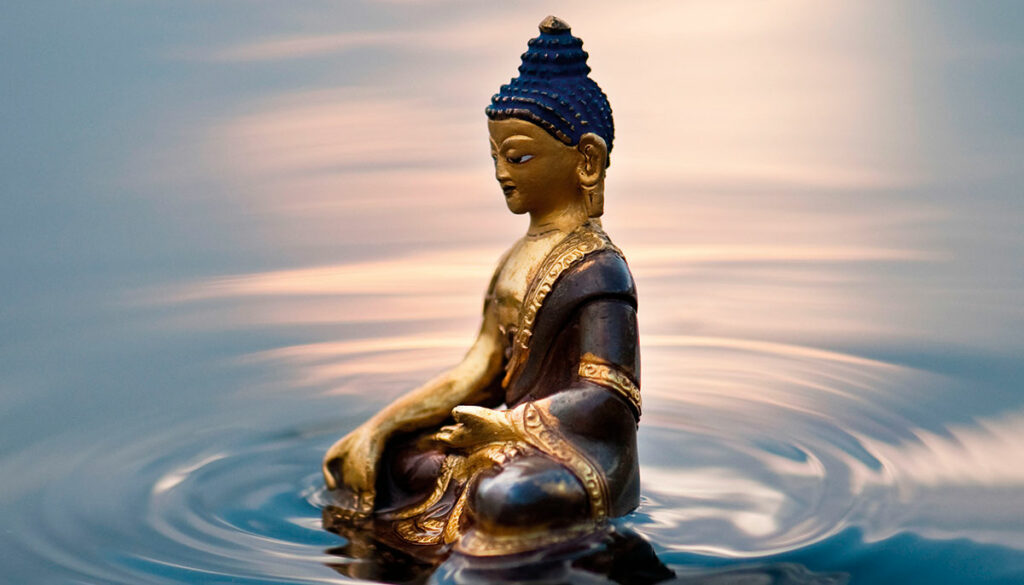The three poisons are greed, aggression, and ignorance. Also known as the “three unwholesome roots” or “three defilements,” they are the root causes of our suffering and the principal obstacles on the path to spiritual liberation.
These three poisons reflect the three energies of ego’s focus on itself: we want to attract and hold on to what is good for us (greed or passion); we want to repel what is bad for us (aggression or anger), and we are indifferent to what doesn’t affect us personally (ignorance)
All unwholesome states of mind, or kleshas, are variations on these three themes. Because the poisons drive our suffering, they are traditionally depicted as three animals — a rooster, snake, and pig — that drive the wheel of life.
1. Greed
Greed is also called passion, attachment, or lust. It can manifest in various forms, such as the lust for sensual pleasures, the desire for wealth or power, and even attachment to ideas and views.
2. Aggression
Aggression, also called hatred, aversion, or anger, encompasses a range of negative emotions, including ill-will and resentment. Because we feel we must satisfy and protect ourselves at all costs, It leads to harmful actions, conflicts, and the perpetuation of negative cycles.
3. Ignorance
Ignorance, also called indifference, causes us to ignore things that do not affect us personally. It is why people are willing to accept things like poverty and injustice in the world and is an important reason why society is not more compassionate and just.
Working with, and eliminating these mental states through insight, ethical conduct, and the cultivation of wisdom is a central aspect of Buddhist practice. However, some Buddhist traditions work with the basic energy of the three poisons to transform them into their true nature as wisdom. In tantric or Vajrayana Buddhism, this is known as transforming poison into medicine.
Related Reading
Detox Your Mind: 5 Practices to Purify the 3 Poisons
Five Buddhist teachers share practices to clear away the poisons that cause suffering and obscure your natural enlightenment.
Buddhism A–Z
Explore essential Buddhist terms, concepts, and traditions.


